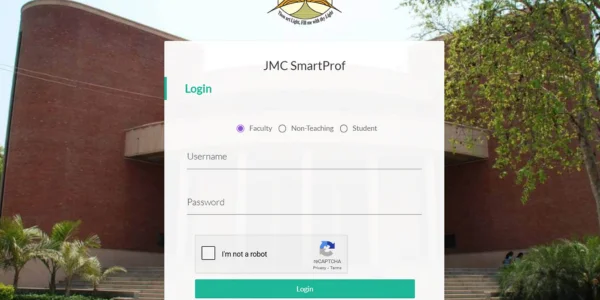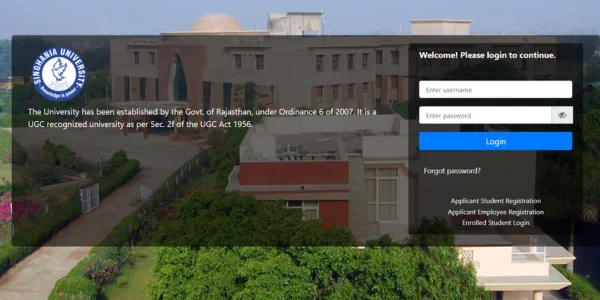MEP course full form is Mechanical, Electrical, and Plumbing. This course focuses on the integrated design and implementation of mechanical, electrical, and plumbing systems in buildings and industrial projects. MEP engineering is crucial for ensuring the functionality, safety, and efficiency of modern infrastructures.
Course Overview
MEP courses are designed to provide comprehensive knowledge and practical skills in the following areas:
- Mechanical Systems: Heating, Ventilation, and Air Conditioning (HVAC) design and implementation.
- Electrical Systems: Designing electrical layouts, power distribution, and lighting systems.
- Plumbing Systems: Planning and installing water supply, drainage, and sewage systems.
The curriculum typically includes theoretical lessons, practical workshops, and software training in tools like AutoCAD and Revit MEP. Course durations vary, ranging from short-term certifications to extended diploma programs, depending on the institution and depth of study.
Eligibility Criteria
Eligibility requirements for MEP courses generally include:
- Educational Qualification: A diploma or degree in engineering (Mechanical, Electrical, or Civil) is often preferred.
- Experience: Both fresh graduates and experienced professionals can enroll, depending on the course level.
Specific prerequisites may vary by institution, so it’s advisable to consult the admission guidelines of the desired training center.
Career Opportunities and Scope
Completing an MEP course opens various career paths, including:
- MEP Engineer: Overseeing the design and installation of MEP systems in construction projects.
- HVAC Engineer: Specializing in heating, ventilation, and air conditioning systems.
- Electrical Design Engineer: Focusing on electrical system planning and implementation.
- Plumbing Engineer: Designing and managing plumbing infrastructures.
Professionals can find opportunities in construction firms, consulting agencies, and facilities management companies. The demand for skilled MEP engineers is high, given the emphasis on sustainable and efficient building designs.
Conclusion
The Mechanical, Electrical, and Plumbing (MEP) course equips individuals with essential skills to design and manage critical building systems. With the construction industry’s growth and the push for sustainable practices, MEP professionals play a vital role in developing efficient and safe infrastructures.




